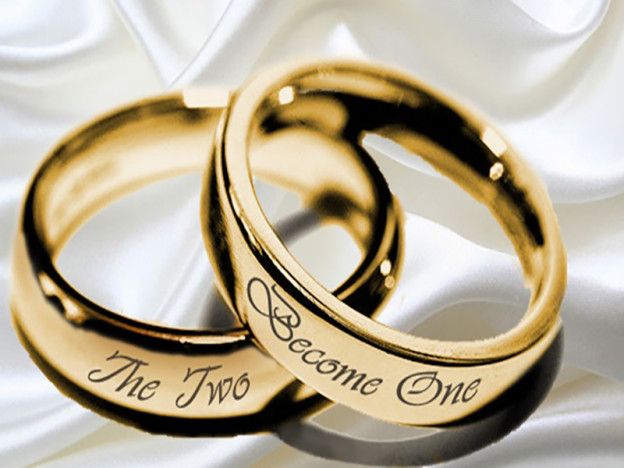I understand gaffes. As a public speaker, I’ve had plenty of my own. The recent comment (gaffe) by President Obama is personally disturbing to me. In an effort to quiet the booing crowd (because of the mention of Mitt Romney’s name) during a rally in Ohio, he challenged the attenders by saying, “Voting is the best revenge.” Where did this gaffe originate? Is our president actually seeking some sort of revenge or calling upon others to carry it out? If so, revenge on whom or what? Sounds like a scene from 2016: Obama’s America and the anti-colonialism argument. To seek revenge is to inflict hurt or harm on someone for an injury incurred or wrong done. It’s the act of getting back, paying back, or retribution. Is that what our nation is doing November 6th?
Voting is a citizen’s right in a democracy. It’s an exercise of conscious. We each cast a vote based upon our biases, preference, and ideologies. When I stepped into the voting booth last week, I didn’t cast a vote for revenge, but voted my conviction and worldview. Words like revenge promote division in an already divided nation. If we’re telling a county of divided people that voting is an act of revenge are we not furthering the divide? This schism is already great and doesn’t require any unsolicited promotion. Whoever wins next week must work diligently to bridge the great American divide. We must remember that a house divided falls.




Yes, the word “revenge” is unfortunate and isn’t positive. I think you’re smart enough to know that it was a poor choice of words and not an intentional call to hurt others. Don’t you think focusing on an anti-gay and anti-abortion platform while ignoring the needs of the sick, poor and those that are victims of discrimination is even more divisive? I think you proved your own point.
Anonymous, Thanks for the comment. I agree the use of the term is unfortunate. Do either of us know the intention of the word? I’d say not. There was no effort to correct or negate its use. I choose to believe the best, but find its use odd.
On “focusing” or “ignoring” – that’s a rather odd and out of context statement regarding this post. It’s really not in context. Who exactly are you referring? What do you mean by anti-gay or anti-abortion? Who is ignoring the poor? Your statement, “focusing on an anti-gay and anti-abortion platform while ignoring the needs of the sick, poor and those that are victims of discrimination…” appears to be more of a political sound bite (rhetoric) than an educated opinion – if you’re referencing RNC vs. DNC platform.
If you’re referencing candidates – I think the RNC candidate takes the prize if we’re ranking generosity. That’s proven fact both financially and in deeds.
If we’re talking about government’s role in welfare, I’m of the opinion the church had abdicated much of its position in social concerns to the government. I don’t believe it is government’s role to be our sole welfare or even primarily welfare vehicle. That’s just putting it off on someone else. The church has to do more.
As far as the use of the word “discrimination” – who are the victims you’re referring?
Thanks for your response, Brad. I guess my point is if you weren’t trying to draw attention to the President in light of the election, why did you need the first paragraph? (The second sentence in the next paragraph makes me think you were already thinking post-election). I agree that we don’t need any further division, which is why I transitioned into what the Republican party used as its main strategy – focus on divisive issues without providing holistic solutions. (I can’t say the Dems strategies were very clear, but there was certainly more recognition of the disenfranchised.) The discriminated include minorities, women, the LGBT community, the poor, those that have just had bad luck, those of other faiths, etc. This is actually a very educated position and not solely my opinion.
Your comment about the candidates is troubling, but not worth addressing here.
Totally agree that the church must do more. We are all in this together.
Thanks for taking the time to respond.
Thanks.
Regarding strategies, I don’t think either the Democrats or Republicans focused on solutions – both were at fault for divisive strategies. I think both were pretty equal in this regards – neither wins an award for the “higher” road.